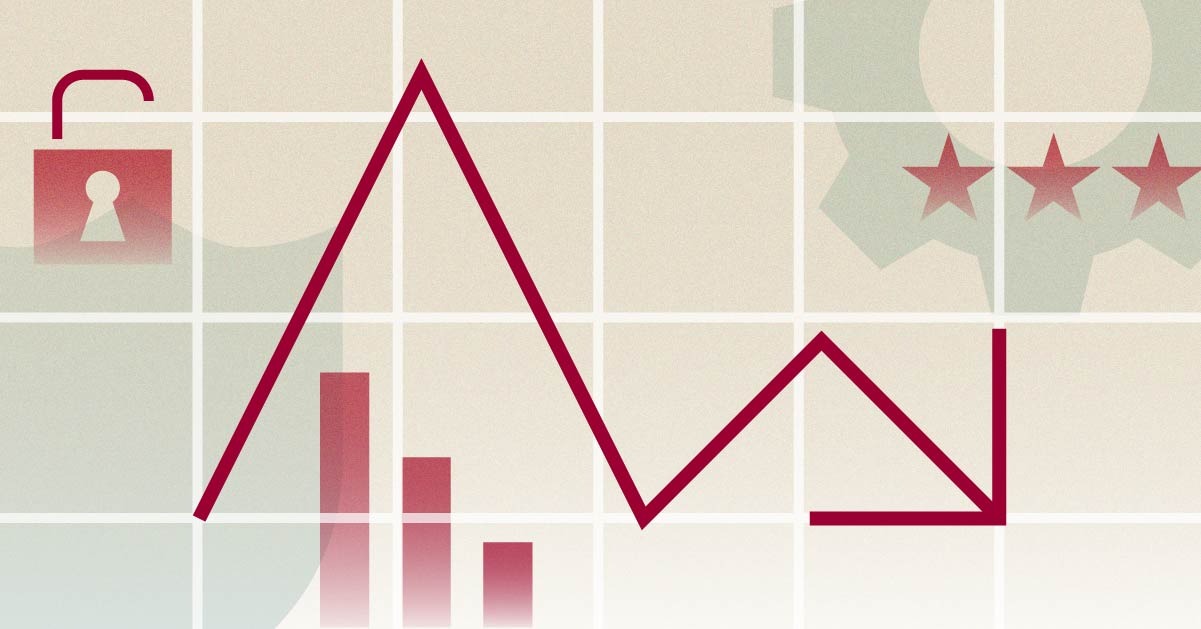Economic recessions are challenging times for individuals and businesses alike. However, for savvy investors, recessions can also present unique opportunities. By identifying sectors that remain resilient or even thrive during economic downturns, you can position your portfolio for long-term growth and stability. In this article, we explore the best sectors to consider investing in during a recession and provide actionable insights to guide your decisions.
1. Healthcare
Healthcare is widely regarded as a recession-proof sector. Regardless of the state of the economy, people require medical services, pharmaceuticals, and healthcare products. Key reasons why healthcare remains resilient include:
- Essential Services: Healthcare needs are non-negotiable, whether it’s regular checkups, emergency treatments, or chronic illness management.
- Aging Populations: Many countries face aging populations, increasing the demand for medical services and products.
- Innovation: Biotech firms and pharmaceutical companies continue to innovate, creating new revenue streams.
How to Invest:
- Healthcare Stocks: Consider pharmaceutical companies, medical device manufacturers, or health insurance providers.
- ETFs and Mutual Funds: Look for funds focused on the healthcare sector to diversify your investments.
- REITs: Healthcare real estate investment trusts, such as those investing in hospitals or senior housing, can be a stable choice.
2. Consumer Staples
Consumer staples refer to essential goods like food, beverages, household products, and personal care items. These items remain in demand regardless of economic conditions.
- Steady Demand: People continue to purchase essentials such as groceries and cleaning supplies during recessions.
- Price Inelasticity: Many consumer staples have less price sensitivity, ensuring consistent revenue for companies.
- Brand Loyalty: Established brands often maintain strong consumer loyalty, even in tough times.
How to Invest:
- Blue-Chip Stocks: Companies like Procter & Gamble, Unilever, or Coca-Cola are staples in this category.
- Dividend Stocks: Many consumer staple companies offer reliable dividends, providing a steady income stream.
- ETFs: Consumer staple-focused ETFs offer diversification.
3. Utilities
Utilities, such as electricity, water, and natural gas, are essential for daily life. This sector provides a stable and predictable income stream during recessions.
- Recurring Revenue: Consumers prioritize paying utility bills, even during financial hardships.
- Regulated Sector: Utility companies operate in highly regulated environments, ensuring steady cash flows.
- Dividend Yield: Many utility companies offer attractive dividend yields, appealing to income-focused investors.
How to Invest:
- Utility Stocks: Look for companies with a strong track record of performance.
- Utility ETFs: These funds offer exposure to a variety of utility companies.
- Green Energy: Consider investing in renewable energy companies within the utility space.
4. Technology
While not traditionally considered recession-proof, certain segments of the technology sector can perform well during downturns, especially those offering essential services or cost-saving solutions.
- Cloud Computing: As businesses tighten budgets, they often rely on cloud services to reduce IT infrastructure costs.
- Cybersecurity: The need for robust cybersecurity measures doesn’t diminish during a recession.
- E-commerce: Online shopping platforms often see steady or increased usage as consumers look for cost-effective options.
How to Invest:
- Tech Giants: Companies like Microsoft, Amazon, and Alphabet are diversified and resilient.
- Specialized ETFs: Consider funds focused on cloud computing, cybersecurity, or other growing tech niches.
- Growth Stocks: Look for innovative companies with a track record of weathering economic challenges.
5. Precious Metals
Precious metals, particularly gold and silver, have long been considered safe-haven assets during economic uncertainty.
- Hedge Against Inflation: Precious metals often retain or increase their value when currencies weaken.
- Global Demand: Gold and silver are sought after worldwide, ensuring consistent demand.
- Diversification: Including precious metals in your portfolio can reduce overall risk.
How to Invest:
- Physical Assets: Purchase gold or silver bullion, coins, or bars.
- Mining Stocks: Invest in companies that produce precious metals.
- ETFs: Precious metal ETFs provide exposure without the need for physical storage.
6. Education and Online Learning
During recessions, individuals often focus on upskilling or retraining to improve their career prospects. This shift makes the education sector, particularly online learning platforms, a promising area for investment.
- Increased Enrollment: Colleges, universities, and certification programs often see enrollment spikes during economic downturns.
- E-learning Growth: Platforms like Coursera, Udemy, and LinkedIn Learning are gaining popularity.
- Government Support: Many governments provide funding or subsidies for education and workforce development.
How to Invest:
- EdTech Companies: Invest in technology-driven education platforms.
- Private Education Firms: Consider companies managing private institutions or training programs.
- Education Funds: Look for ETFs focusing on the education sector.
Frequently Asked Questions (FAQs)
1. Why invest during a recession?
Investing during a recession can be advantageous as asset prices often decline, providing opportunities to buy quality investments at discounted rates. Additionally, sectors that remain resilient offer stable returns.
2. What are the risks of investing in a recession?
Risks include market volatility, potential job losses affecting personal income, and the possibility of prolonged economic downturns impacting investment returns.
3. How can I minimize risks during a recession?
Focus on diversification, invest in recession-proof sectors, and consider dollar-cost averaging to reduce the impact of market fluctuations.
4. Are dividends important during a recession?
Yes, dividends provide a consistent income stream, which can be particularly valuable during economic uncertainty.
5. Should I avoid high-risk investments during a recession?
While it’s wise to be cautious, some high-risk investments can offer significant returns. Assess your risk tolerance and focus on a balanced portfolio.
6. How long do recessions typically last?
Recessions vary in duration but often last between 6 to 18 months. It’s important to maintain a long-term perspective when investing.
Conclusion
Recessions may be daunting, but they also provide opportunities for disciplined and informed investors. By focusing on resilient sectors like healthcare, consumer staples, utilities, and education, you can navigate economic uncertainty with confidence. Remember to diversify, stay informed, and maintain a long-term perspective to achieve financial success even in challenging times.
